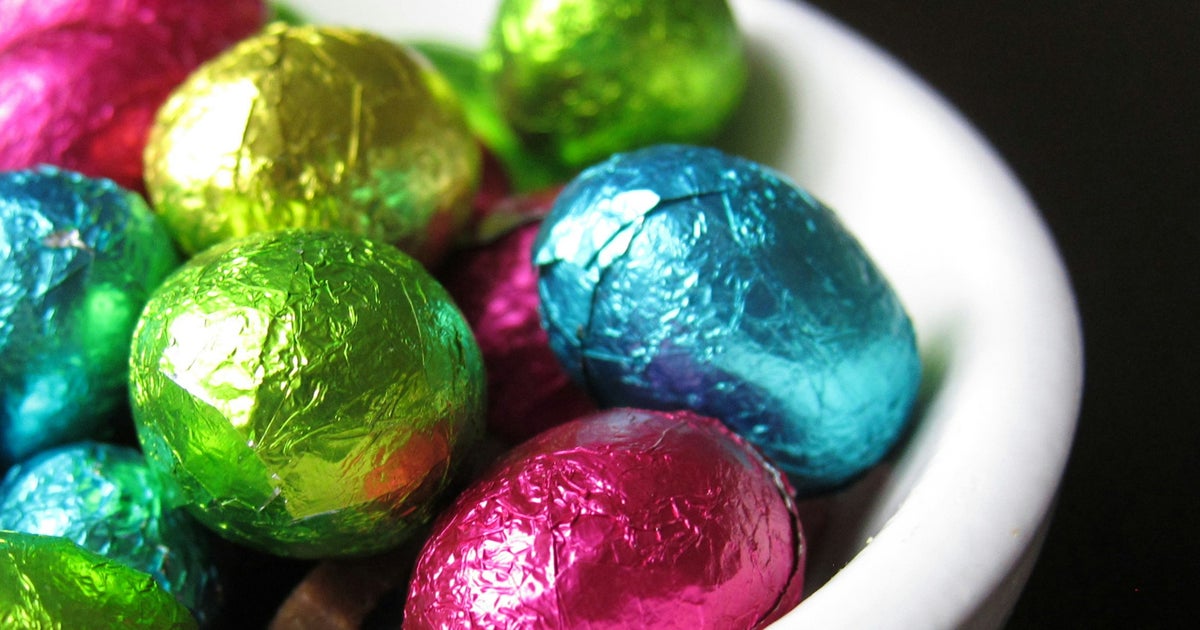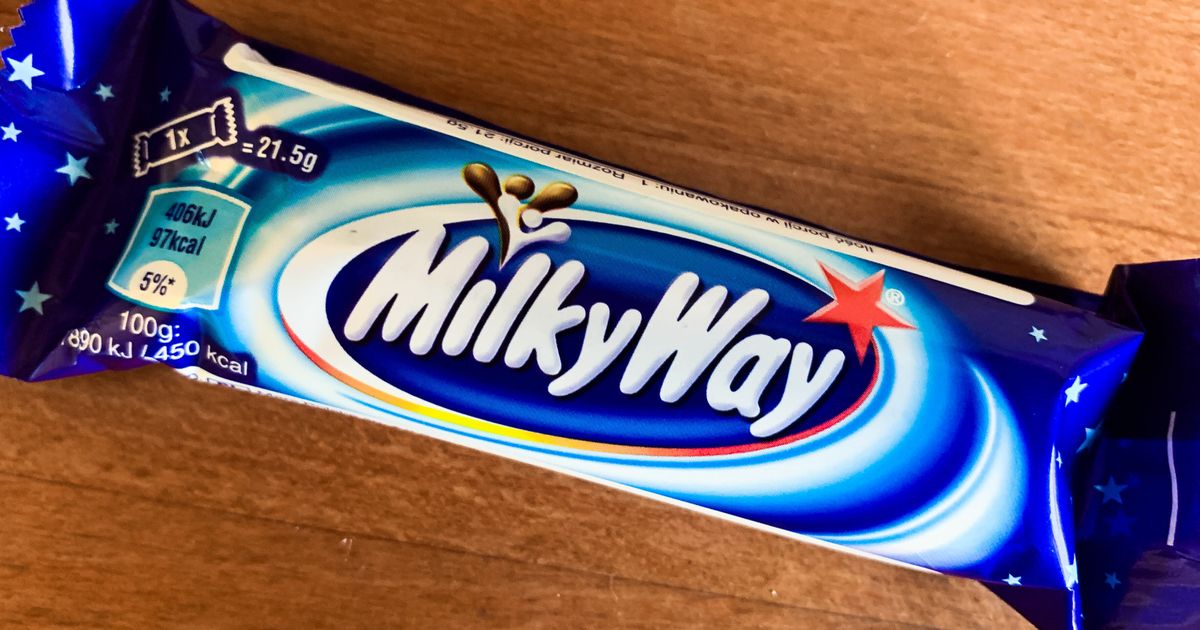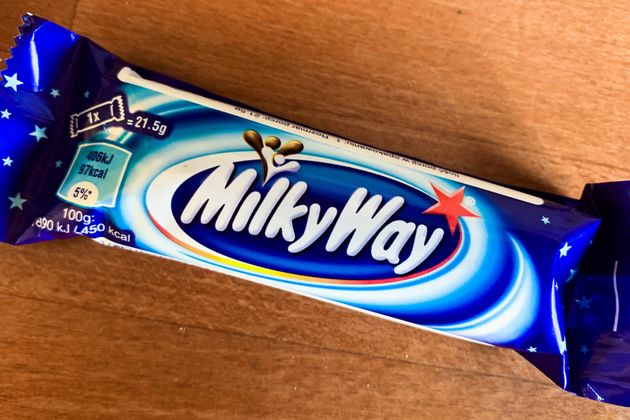
Tough news for fellow chocolate lovers – consumer advocacy publication Which? says that Easter eggs are up to 50% more expensive this year.
That’s despite the fact that many of the seasonal treats have actually gotten smaller.
Chocolate prices have risen by a mammoth 16.4% in the past year, compared to an average 4.4% increase among other supermarket food and drink, they add.
Advertisement
So, we spoke to the former VP of International Trade at Barclays and current founder of personal finance platform Generation Money, Alex King, and Mark Owen, chief chocolatier at Pembrokeshire-based chocolate factory Wickedly Welsh Chocolate, about what was really going on.
It’s partly down to growing conditions
“Easter egg prices are noticeably higher this year, and unfortunately it’s not just a case of retailers hiking up costs – the entire chocolate industry is feeling the impact of a global cocoa crisis,” Mark told us.
“Cocoa prices have more than doubled since 2023, and we’re still paying over twice what we were just two years ago.”
Advertisement
Alex agreed, explaining that “Cocoa prices shot up in 2024 to record highs after three poor harvests in a row for cocoa producers in the Ivory Coast and Ghana – the world’s two largest cocoa-producing nations.
“This has had a direct impact on the price of Easter Eggs this year as cocoa is obviously a major ingredient in chocolate production.”
Dairy costs have also risen by 18%, the trading expert added.
And as if that wasn’t enough, “at the start of 2024, we also saw hedge funds pour into the cocoa market with bets that the price of cocoa would continue to rise – which it did throughout 2024.
Advertisement
“Although these hedge funds weren’t the main driver of increased prices, they helped to spike already, increasing prices even further.”
Oh good. Anything else?
Yup, unfortunately. Alex says energy and transport costs have risen too, affecting the supply chain and, by extension, retailers.
“Another factor hitting supermarket prices more generally in the UK is the rise in National Insurance in April, just before Easter,” he suggests.
Advertisement
“Retailers will have begun to increase prices in advance of this to cover the extra NI cost, so that’s another reason we’re seeing higher prices – not just in easter eggs.”
Worse news: Mark told HuffPost UK he doesn’t expect the problem to go away any time soon.
“With global stocks at an all-time low and no bumper harvest expected in the coming months, supply remains incredibly tight,” he shared.
“The reality is that chocolate makers of all sizes are being squeezed. As a small, independent factory, we’ve had to absorb as much of the cost as we can, but there’s no avoiding the fact that Easter eggs are more expensive to produce this year than ever before.”
Advertisement
Here’s hoping 2026 is a little easier on our wallets…







